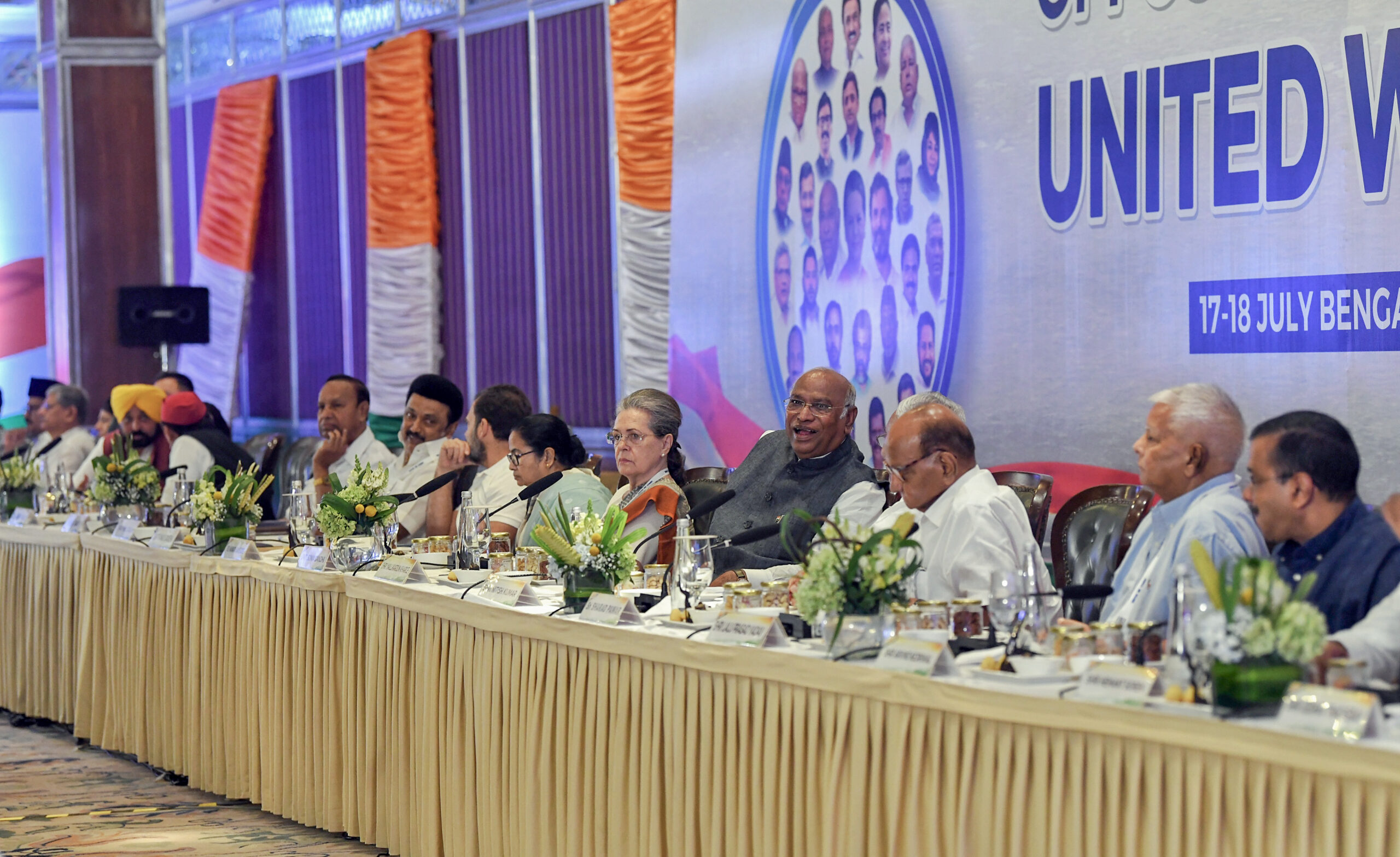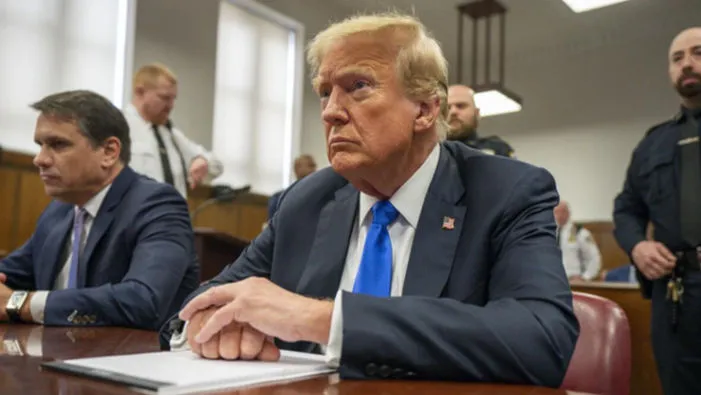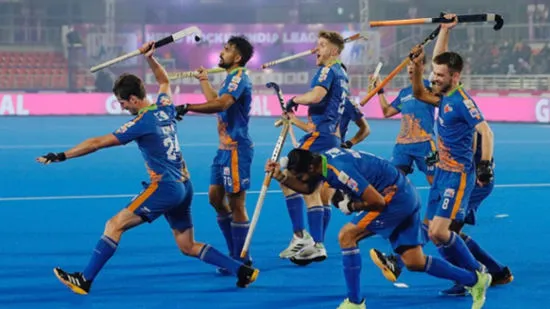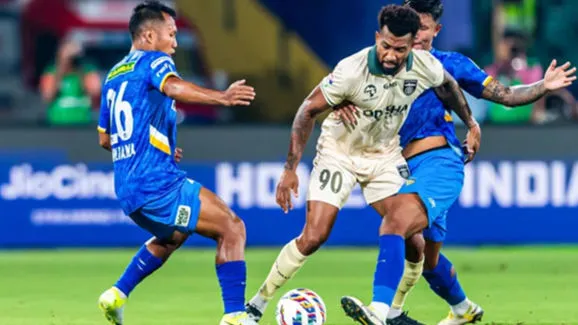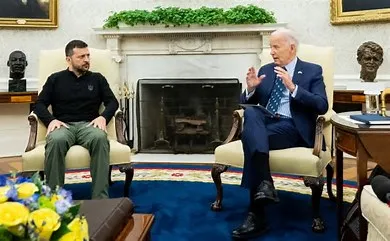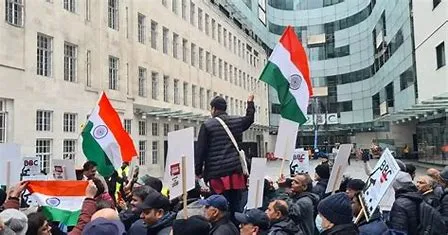Although I.N.D.I.A. has about 26 parties, the ones that clash with the Congress are the main parties in the alliance. They tentatively joined the meeting in Bengaluru. If Congress does not compete with them in their turfs of dominance, neither contesting independently nor looking for seat sharing, they don’t have any problem continuing in I.N.D.I.A. But if that does not happen, they may leave I.N.D.I.A. and fight the BJP on their own terms on their dominant turf. Otherwise, they would remain in I.N.D.I.A. but would have a friendly contest with Congress.
The last one to join the Bengaluru meeting is the AAP, with the condition that Congress should oppose the ordinance promulgated in Delhi to give powers to the Lt. Governor to have a say over the bureaucrats. AAP wants its agenda as a precondition for sharing the dais with the Congress. If it is so, will it be ready to share the seats with the Congress in Delhi and Punjab, where it currently rules? Even if AAP gives a few seats to Congress in these two states, will they not expect Congress to reciprocate the same in Gujarat? If Congress is a distant third in Delhi, AAP is a distant third in Gujarat. AAP does not need the support of Congress in Punjab, as it is the dominant political party as of now. In the case of Delhi, even if aligned with the Congress, there is no guarantee that AAP can win over the BJP. Moreover, by aligning with Congress, AAP will rejuvenate Congress in both states in terms of electoral outcomes, which it may not be willing to do. On the other hand, if Congress decides to accept a couple of seats in Delhi and Punjab shared by AAP, it cannot challenge AAP in future assembly elections. This is how Congress became oblivion in UP and Bihar, and it may not want that to happen in Delhi and Punjab at least soon.
The next in line is TMC. TMC is dominant enough in sizable number of seats in West Bengal, irrespective of whether it is aligning with the left and Congress. The left, Congress, or both together cannot help TMC win seats against the BJP, where the BJP is dominant. Congress has one or two strongholds in West Bengal on its own, and it does not have to depend on TMC or the Left to give a fight or even win in these strongholds. CPI (M), which cannot win even a single Parliament seat in West Bengal, has already publicly announced that it will not align with TMC. If non-BJP parties operate in a mutually exclusive pattern to get their victories and defeats, what is the need for seat-sharing? Seat sharing could only happen if the parties who decide to go for it mutually benefit from each other. That could happen only if the BJP wins a majority of the seats in West Bengal, and if that happens, TMC, Congress, and CPI(M) may come together in the subsequent elections.
SP has not aligned with Congress both in the last assembly and parliament elections. With a 2% vote share in the last UP assembly elections, Congress cannot add any value to the SP’s vote share. BSP remains indifferent to any alliance game, as it knows the transfer of votes has been happening only in one direction. SP may not show even the courtesy that it showed in the 2019 general elections by not fielding any candidate in two constituencies where Sonia and Rahul contested. If SP becomes part of I.N.D.I.A., will it thereby give some seats to Congress, and will this in turn improve the chances of SP’s victory against the BJP? SP wants the whole turf of UP to fight against the BJP, and that too when the state has been moving towards bipolar contests.
In Kerala, CPI (M) is the challenger for Congress, and with no dominant third force in the state, CPI (M) and Congress can fight each other out. Does this add any significance to I.N.D.I.A. in the overall tally or add to the tally of the one-to-one contest against the BJP? CPI (M) and Congress will come together like they did in West Bengal if the BJP becomes a significant force to reach second place, replacing either Congress or CPI (M). But that is too far-fetched in Kerala in the current circumstances, given the Abrahamic faith’s electorate population of about 46% and the BJP’s vote share of about 15%, which is not enough to convert vote share to seats.
In Tamil Nadu, Congress won nine out of the ten seats it contested in the 2019 general elections thanks to the magnanimous seat allocation by the DMK. To overcome the severe anti-incumbency due to being in power since 2021, the DMK will try to accommodate some more parties in its alliance, and Congress will be forced to take fewer seats. With nationalistic fervour becoming the monopoly of the BJP in Tamil Nadu, Congress neither has the support of nationalistic nor regionalist minds and hence cannot bargain with the DMK.
If the Congress Party is willing to play a subservient role to the AAP in Delhi and Punjab, unconditionally support the SP in Uttar Pradesh without expecting anything in return, remain confined to their one or two seats in West Bengal, and accept seats offered by the DMK in Tamil Nadu, the I.N.D.I.A. may retain its shape. If Congress does not accept such a subservient role for different parties in I.N.D.I.A., I.N.D.I.A. ceases to exist.
Thiruvannathapuram S. Ramakrishnan is a public policy analyst.

